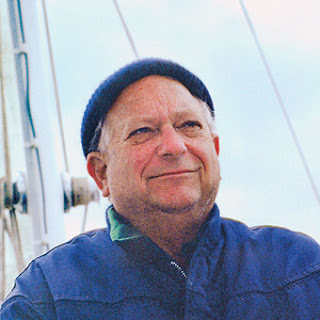Ayn Rand was a Russian-American novelist, philosopher, and political thinker, born Alisa Zinovyevna Rosenbaum on February 2, 1905, in Saint Petersburg, Russia. Rand's family was well-educated and financially successful, but they lost their wealth and status after the Bolshevik Revolution in 1917. Rand studied philosophy and history at Petrograd State University but was forced to leave after her father's business was seized by the Soviet government.
In 1926, Rand emigrated to the United States, where she began her career as a screenwriter in Hollywood. She later turned to writing novels and became famous for her works of fiction, including "The Fountainhead" and "Atlas Shrugged." Her philosophy of Objectivism, which emphasized individualism, reason, and laissez-faire capitalism, had a significant impact on conservative and libertarian thought in the United States.
Throughout her life, Rand was an outspoken critic of collectivism and totalitarianism, and she believed that individual rights were paramount. She also believed that artistic and intellectual pursuits were essential to the human experience, and she celebrated the virtues of individualism, rationality, and self-interest.






